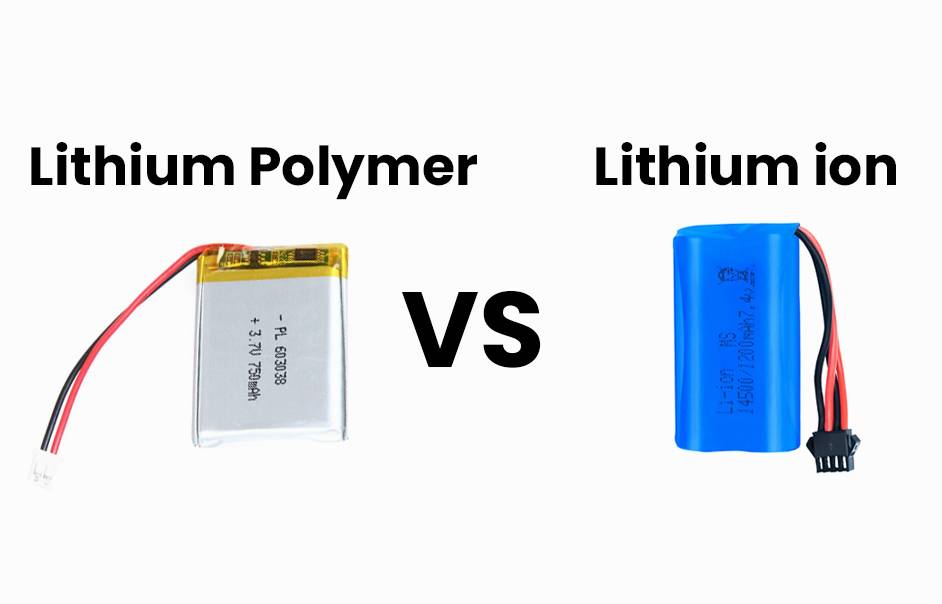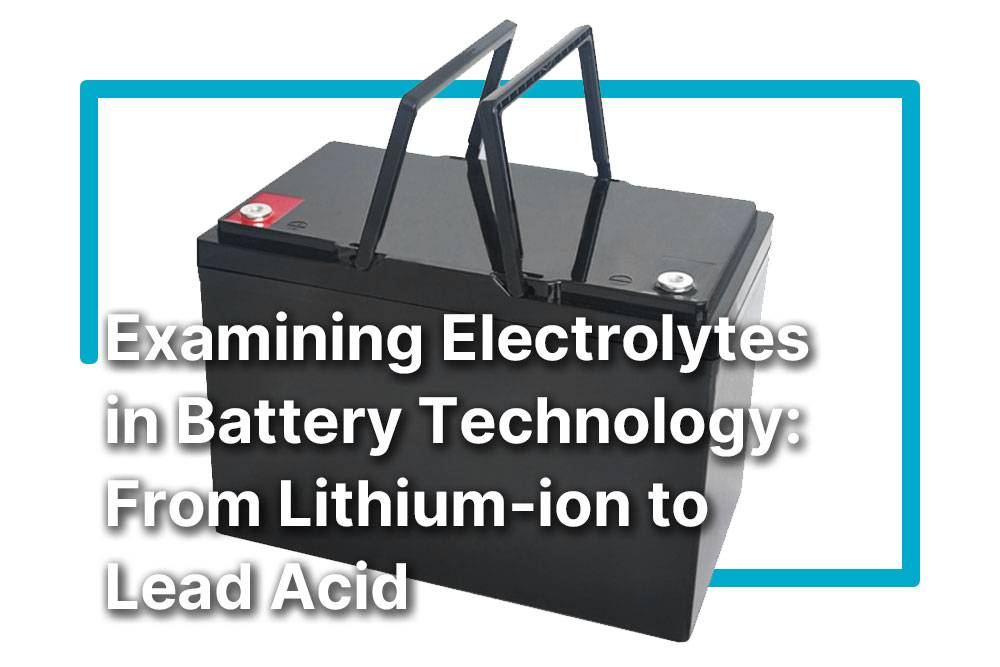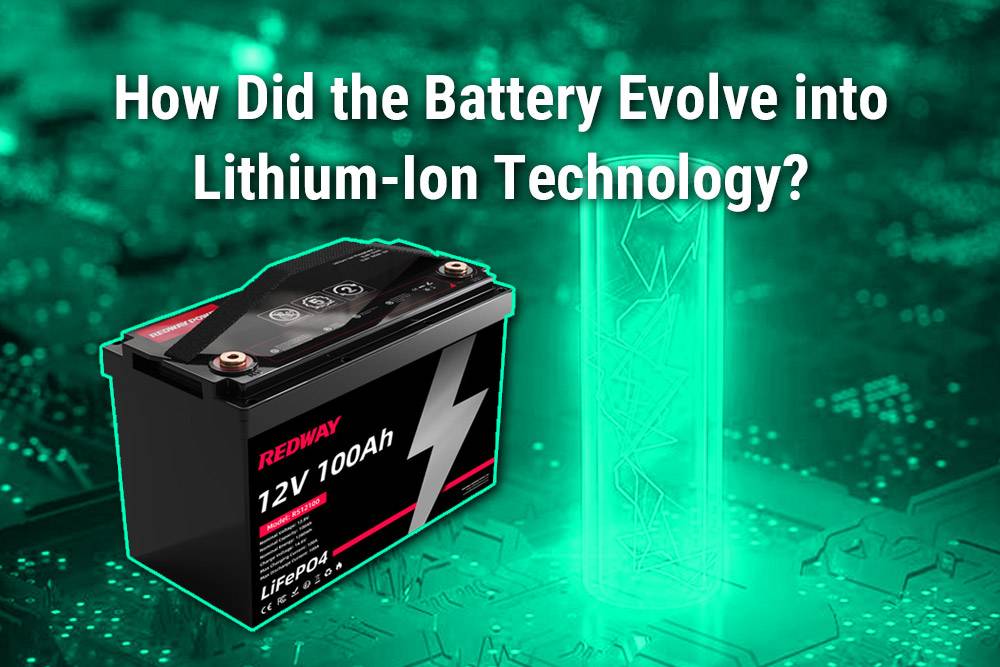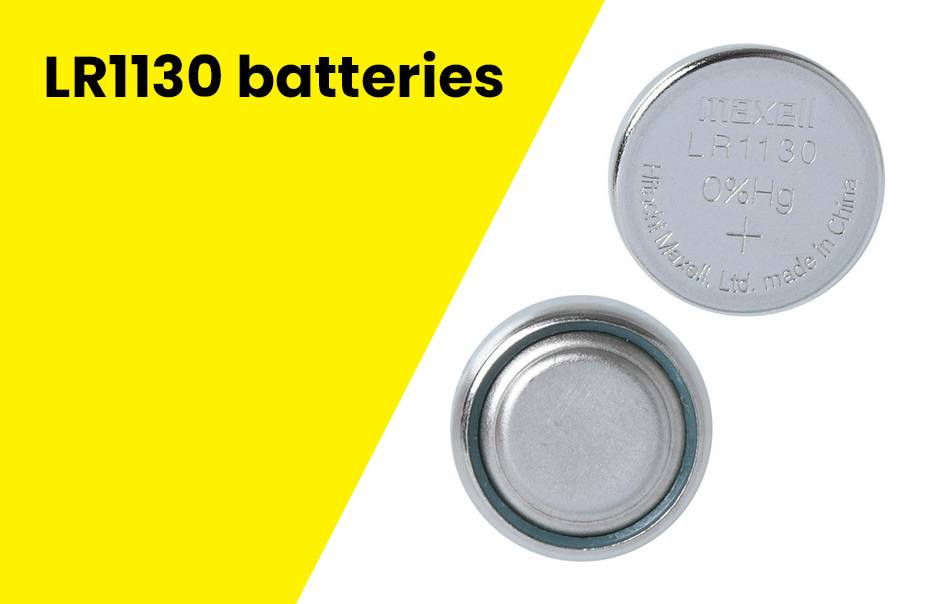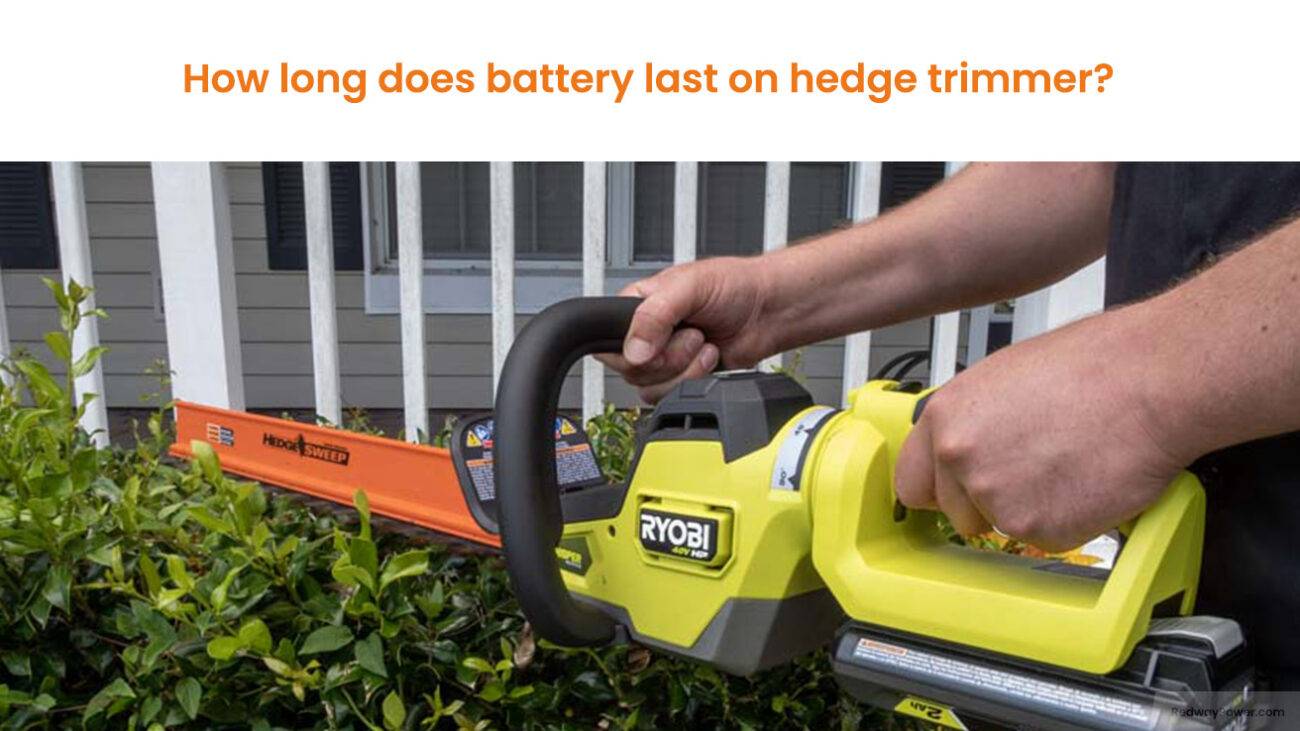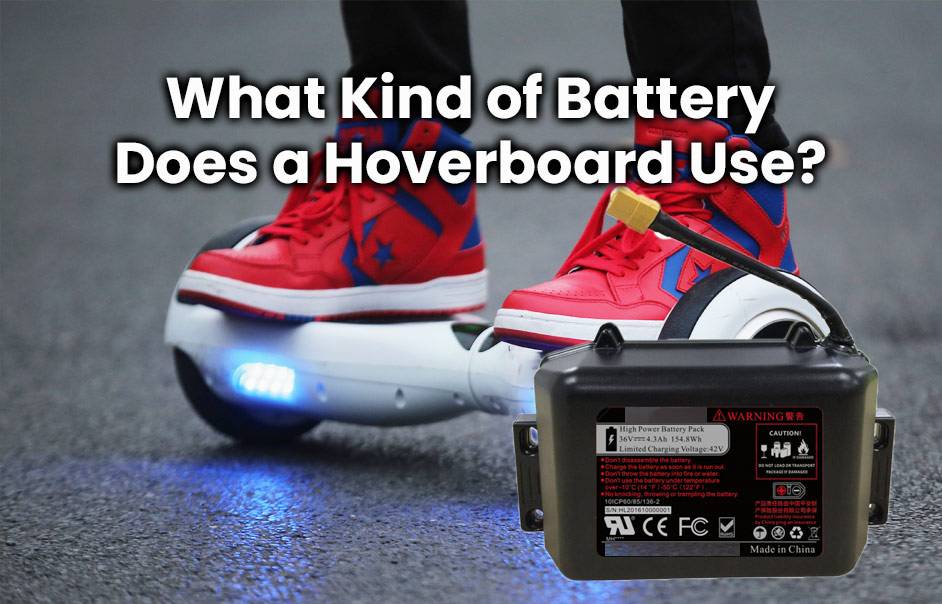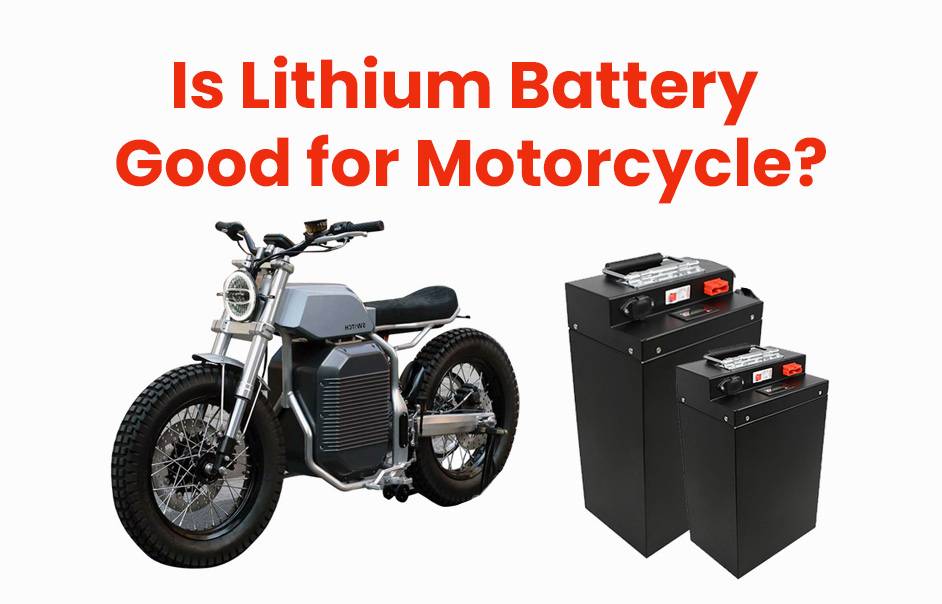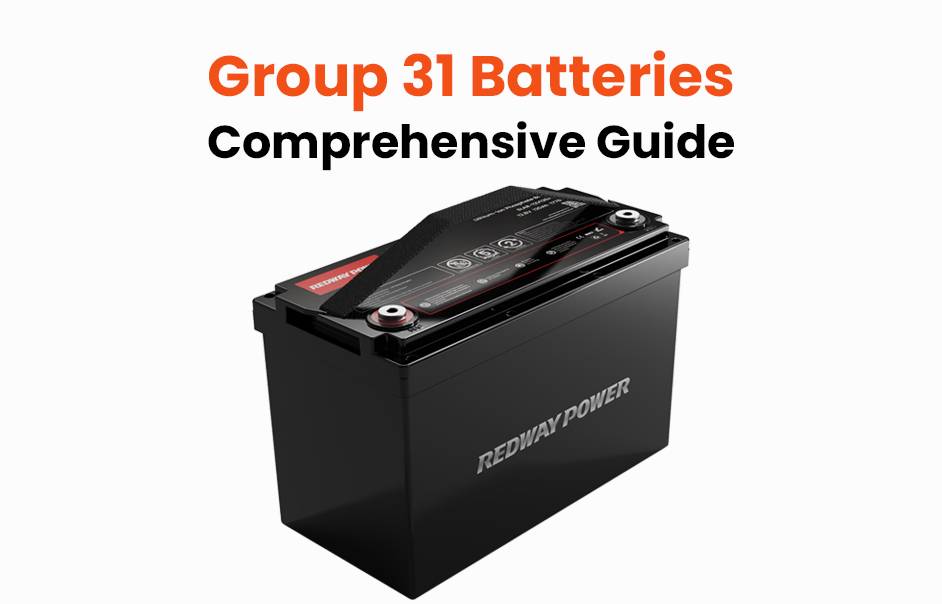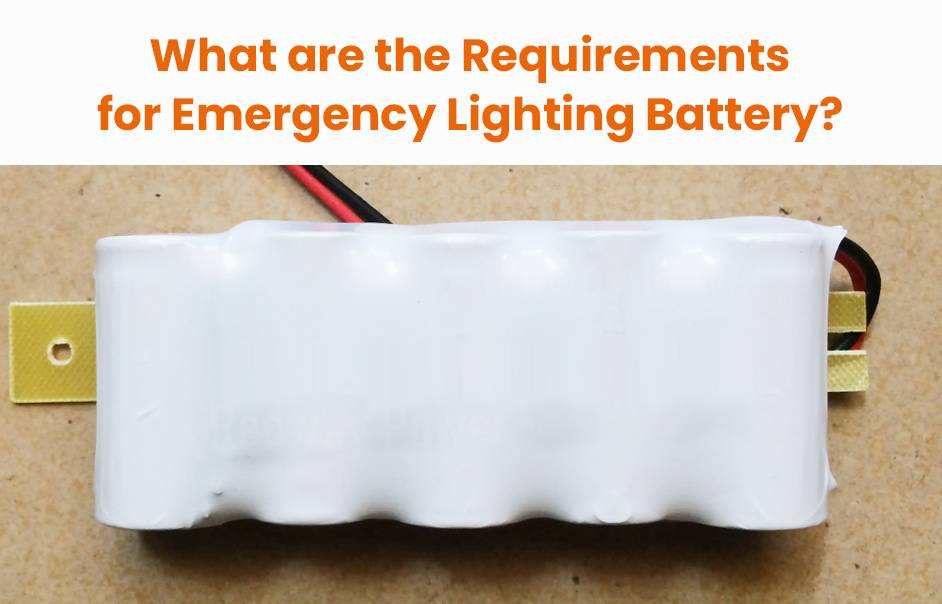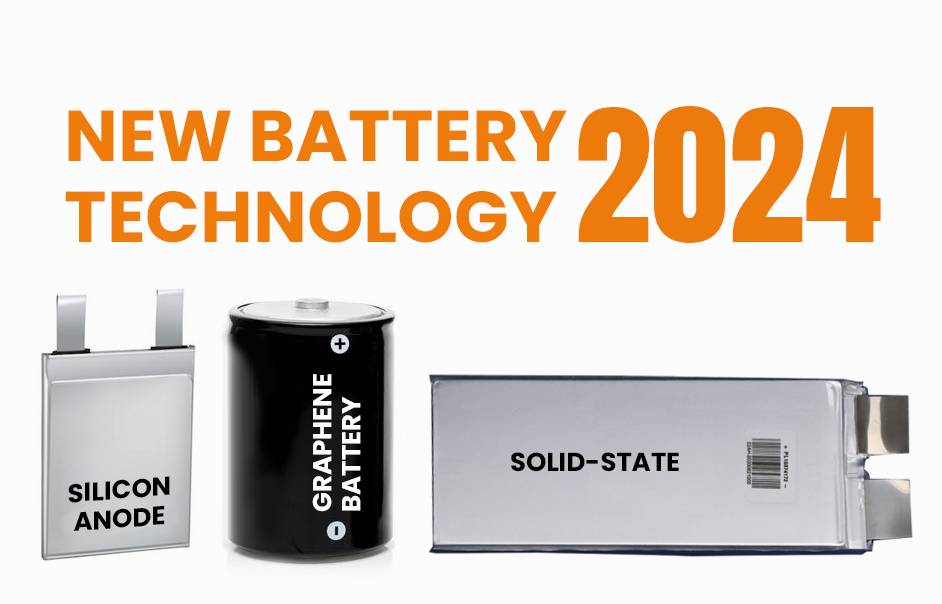Discover the ideal battery for your devices in this in-depth comparison of Lithium Polymer (LiPo) and Lithium Ion (Li-ion) batteries. From structure to safety, explore their differences comprehensively. With insights into energy density and composition, make an informed decision on the perfect energy source for your needs. Join us in unraveling the mysteries of these powerful batteries – it’s your guide to finding the ultimate solution!
Differences in Structure and Composition
Navigating lithium batteries involves understanding the structural differences between lithium polymer (LiPo) and lithium-ion (Li-ion) batteries. LiPo batteries, with flexible layers of thin polymer sheets, differ from Li-ion batteries with cylindrical cells containing liquid electrolyte. LiPos use a safer solid-state polymer electrolyte, offering higher energy density with ultra-thin electrodes. Both exhibit unique efficiencies: LiPos with lower internal resistance for faster charging, and Li-ion improving with increased capacity and reduced self-discharge rates.
- Flexible Composition: LiPo batteries feature thin polymer layers for flexibility, while Li-ion batteries have cylindrical cells with liquid electrolyte.
- Safety Measures: LiPos use a safer solid-state polymer electrolyte, reducing flammability compared to Li-ion batteries with liquid electrolyte.
- Energy Density: LiPo cells offer higher energy density due to ultra-thin electrodes, storing more energy per unit volume or weight.
- Efficiency Variance: LiPos have lower internal resistance, facilitating faster charging rates, while Li-ion technology advances in capacity and self-discharge reduction.
Understanding these differences aids in selecting the suitable battery type based on specific safety requirements, energy density demands, and overall performance expectations.
Energy Density and Performance Comparison
When assessing energy density and performance, lithium polymer batteries (LiPo) and lithium-ion batteries (Li-ion) exhibit distinct strengths. LiPo batteries, recognized for higher energy density, excel in power-hungry devices like smartphones and drones. In contrast, Li-ion batteries, while not matching LiPo’s energy density, compensate with superior performance and a higher discharge rate, making them suitable for applications emphasizing sustained power over compact size.
- LiPo’s Energy Density Advantage: LiPo batteries store more power in a compact form, making them perfect for devices requiring substantial power output, such as smartphones and drones.
- Li-ion’s Superior Performance: Li-ion batteries may lack LiPo’s energy density but offer superior performance with a higher discharge rate, delivering power efficiently over extended periods, ideal for applications prioritizing sustained performance.
- Consideration of Overall Efficiency: Both battery types share similar overall efficiency characteristics. However, LiPo, chosen for weight reduction due to its larger capacity per unit weight ratio, becomes preferred in situations where weight is a crucial factor.
Closing: While both LiPo and Li-ion batteries excel in their respective expertise areas, the choice hinges on specific needs. Factors like device usage patterns, space constraints, and desired longevity play a pivotal role in making an informed decision tailored to individual requirements.
Safety Concerns for Both Types of Batteries
Ensuring safety is paramount when dealing with batteries, particularly with lithium polymer (LiPo) and lithium-ion (Li-ion) batteries. While generally safe, each type has distinct safety concerns that users should be aware of and address for secure operation.
- LiPo Battery Safety: LiPo batteries are susceptible to swelling or catching fire if mishandled or improperly charged. The gel-like electrolyte used in LiPo batteries is more volatile than Li-ion batteries’ liquid electrolyte. To minimize risks, users must adhere to proper charging protocols, avoid overcharging, and prevent puncturing the battery casing.
- Li-ion Battery Safety: Li-ion batteries can pose safety risks such as overheating, short circuits from physical damage or defects, and thermal runaway leading to explosions. Strict adherence to guidelines for usage, storage, and charging is crucial to ensure safe operation.
- Mitigating Risks: Both battery types often include built-in protection circuitry to monitor voltage and temperature. Manufacturers continually enhance battery designs and enforce quality control measures, contributing to improved safety standards.
Closing: While LiPo and Li-ion batteries present safety concerns, proper maintenance and usage significantly reduce the risk of incidents. Adhering to recommended guidelines for storage, charging, and usage conditions ensures a safer experience with these energy storage devices. Safety remains a top priority, and advancements in design continue to enhance battery safety in the evolving landscape of battery technology.
Applications and Uses of Each Battery Type
Lithium Polymer (LiPo) and Lithium Ion (Li-ion) batteries serve distinct purposes, with their applications determined by specific characteristics. Understanding their uses helps in choosing the right battery for various electronic devices.
- LiPo Battery Applications: LiPo batteries, known for their lightweight and flexible design, are favored in portable electronics like smartphones, tablets, and smartwatches. Their slim profile enables the creation of sleek, compact devices without compromising battery life. Additionally, LiPo batteries are suitable for remote-controlled toys, drones, and small medical devices, delivering high bursts of power. They find application in radio transmitters and receivers, ensuring consistent voltage over extended periods.
- Li-ion Battery Applications: Li-ion batteries are commonly used in larger electronic devices, including laptops, digital cameras, and electric vehicles. Their higher energy density makes them ideal for applications requiring a longer runtime or increased power output. Li-ion batteries, with a longer lifespan compared to LiPo, are preferred for heavy-duty use. They excel in electric cars, efficiently storing large amounts of energy, and contribute to renewable energy storage systems, releasing stored energy when needed in solar power plants or wind farms.
Conclusion: Choosing between LiPo and Li-ion batteries depends on specific requirements, emphasizing factors like device size, power demands, and expected lifespan. Each type caters to distinct needs in the ever-expanding landscape of electronic devices.
irements of your device or application. Whether you need a lightweight solution with flexibility or one that provides higher capacity and durability will determine which type is best suited for your needs.
Factors to Consider When Choosing Between Lithium Polymer and Lithium Ion Batteries
Choosing the right battery for your device involves considering various factors. Here are key aspects to weigh when deciding between Lithium Polymer (LiPo) and Lithium Ion (Li-ion) batteries.
- Battery Life: The lifespan of the battery is crucial. LiPo batteries generally offer a longer lifespan, making them suitable for devices requiring extended usage without frequent recharging.
- Size and Weight: Portability is vital, and LiPo batteries, known for their slim profile and flexibility, are ideal for sleek and lightweight designs. In contrast, Li-ion batteries tend to be bulkier due to their rigid structure.
- Energy Density: Energy density, indicating how much energy a battery can store in a given space, favors Li-ion batteries. They have a higher energy density, making them suitable for high-performance devices requiring quick bursts of power.
Conclusion: Considering factors such as battery life, size, weight, energy density, safety, and cost will guide you in choosing the battery that aligns with your device’s needs. Whether prioritizing longevity, portability, or performance, a thoughtful evaluation ensures a well-informed decision for your specific requirements!
Conclusion: Which Battery is Right for You?
Both lithium polymer and lithium ion batteries offer advantages and drawbacks, catering to diverse needs. For compact, flexible, and lightweight applications like smartphones, lithium polymer batteries excel. Conversely, lithium ion batteries are preferable for larger devices requiring high energy density, such as electric vehicles. Safety remains paramount, and advancements enhance both types. Choosing between them hinges on individual requirements, emphasizing factors like energy density, runtime, weight, and safety. A thoughtful evaluation ensures an informed decision aligned with specific needs and preferences.

